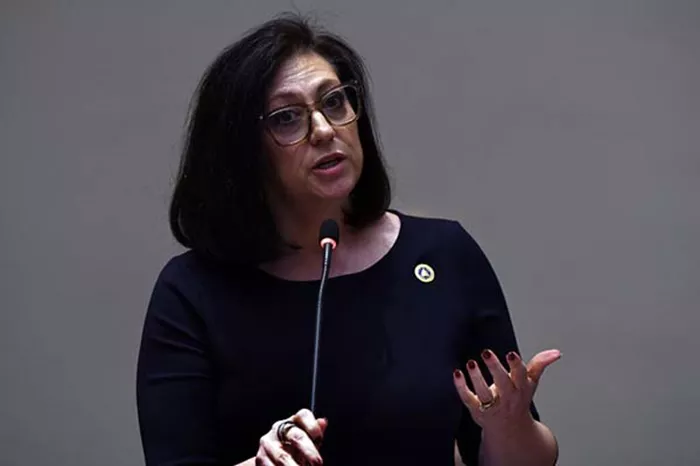Kentucky Voters to Decide on Amendment to Bar Noncitizen Voting.
In November, Kentucky voters will consider two constitutional amendments, one of which aims to prohibit noncitizens from voting in state elections. Currently, noncitizens are not permitted to vote, making this amendment somewhat redundant.
State Senator Jason Howell, a Republican from Murray, sponsored the bill that led to Amendment 1 being placed on the ballot. Howell described the measure as a “proactive” step to safeguard election integrity. However, critics argue that it could discourage eligible immigrant citizens from voting and suggest that Republicans are using this issue to stoke anti-immigrant sentiments to mobilize their supporters.
If passed, Amendment 1 would explicitly prevent noncitizens from participating in Kentucky elections. Election officials, including Republican Secretary of State Michael Adams, have indicated that the state already has measures to ensure noncitizens do not vote.
During the 2024 legislative session, Howell’s proposal was one of two seeking to amend the state constitution regarding noncitizen voting. The other bill, introduced by Representative Michael Meredith, also a Republican, received support in the House.
Kentuckians will be voting on two constitutional amendments this fall. Voters approached the Sugar Maple Square polling site in Bowling Green on May 21. Similar measures are being proposed in other states, such as Idaho, Iowa, Missouri, North Carolina, Oklahoma, South Carolina, and Wisconsin. Additionally, House Republicans in Congress have pushed for a provision to prevent noncitizens from voting in federal elections, which is already prohibited by law.
Former President Donald Trump, the current GOP presidential nominee, has repeatedly made unfounded claims that noncitizen voting is harming Republican candidates. These claims have been debunked by several, including former Kentucky Secretary of State Trey Grayson.
Instances of noncitizen voting are rare nationwide. Some officials in states like Texas, Ohio, Alabama, and Georgia have identified noncitizens who registered to vote or participated in elections. Conversely, certain local governments in California, Maryland, Vermont, and the District of Columbia allow noncitizens to vote in specific elections, such as for school boards or city councils.
In an interview with the Lantern, Howell expressed concerns about the potential complications if a local government in Kentucky allowed noncitizens to vote. He stated, “The administrative complexities associated with that, with our county clerks and secretary of state’s office, would be significant.” Howell added that many citizens would likely oppose such a move.
Criticism of the Amendment
Corey Shapiro, the legal director of the American Civil Liberties Union of Kentucky, criticized Amendment 1 as an attempt to provoke fear and division, noting that federal law already prohibits noncitizen voting. He warned that the amendment could lead to increased scrutiny of individuals perceived as noncitizens, potentially suppressing voter turnout among naturalized citizens.
“We’re seeing attacks on immigrants across the country,” Shapiro remarked. “This is yet another attack, and it’s unfortunate because registered voters in Kentucky have some of the least access to voting compared to other states. Instead of improving our election laws, we’re focusing on false issues that undermine the legitimacy of our elections.”
Kentucky has fewer early voting days and shorter polling hours compared to most states, with polls open from 6 a.m. to 6 p.m. on Election Day. Shapiro argued that enhancing voter access would be a more effective use of political efforts.
Despite these concerns, Howell believes the amendment will not incite anti-immigrant sentiments among Kentuckians. He stated that the potential for backlash would arise if noncitizens were allowed to vote in local elections, leading to increased tensions within communities.
House Democratic Caucus Chair Cherlynn Stevenson of Lexington referred to Amendment 1 as a “solution in search of a problem,” emphasizing that noncitizens already cannot vote. She suggested that the amendment might be intended to increase voter turnout for Amendment 2, which seeks to allow state funding for nonpublic schools.
Howell countered that the two amendments address different issues and that he has not observed discussions linking them.
Related topics:
- Tourists in Indonesia Could Face Up to 20 Years in Prison Due to New Visa Regulations
- Five European Countries That Often Deny Schengen Visa Applications
- “Cruise Line Failed to Inform Us About US E-Visas, Leaving Us Stranded at the Dock”


